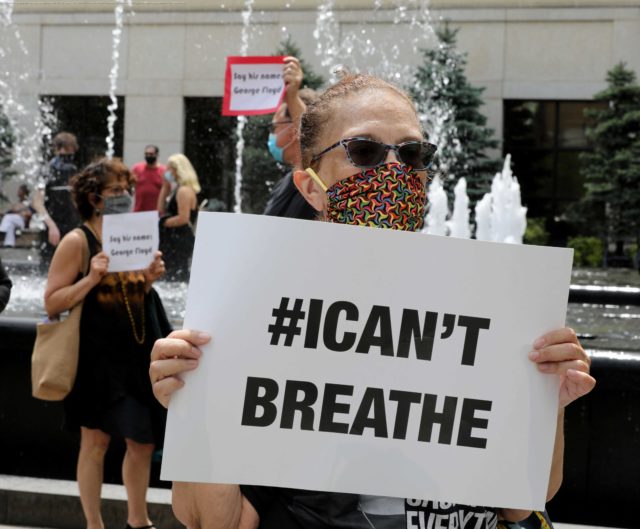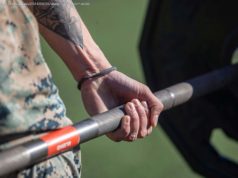In the videos, they are faceless voices, off camera, trying to intervene. They say things like “get off his neck,” or “he’s a human,” …
In the videos, they are faceless voices, off camera, trying to intervene. They say things like “get off his neck,” or “he’s a human,” or “he’s dying.”
George Floyd, a 46-year-old black man, died Monday when a white Minneapolis police officer knelt on his neck for several minutes after he was detained. It was bystanders – the owners of those voices – who shed light with their viral video recordings of yet another deeply disturbing incident of excessive force levied against a minority in police custody.
As people in Minneapolis and across the U. S. continue to protest the killing, Floyd’s death has provoked even more questions about the role bystanders should play when caught in similar situations.
Paige Fernandez, policing policy advisor for the American Civil Liberties Union, recommends what many in Floyd’s case did: bearing witness, recording the event, advocating for the detainee and communicating with other officers on the scene to try to convince them to intervene. The role of the witness, though, is only complicated further by race.
“It’s incredibly difficult because I think there are so many calculations a bystander has to make — a ton — about who they are, how vulnerable they might be and how the police perceive them,” Fernandez told USA TODAY.
“I’m hesitant to say anybody should step in, because I don’t want people’s lives to be risked, but I do think there is a role, especially for white allies. If they see an incident of police brutality happening, I think they absolutely have to step in and say something, just because officers often interpret black and brown people as threats for absolutely no reason, other than deep-seated racism.”
Those placed in custody are supposed to wield some protections under the Constitution. The 14th Amendment declares that no state shall “deprive any person of life, liberty, or property, without due process of law” and the Fourth Amendment protects citizens “against unreasonable searches and seizures.”
Yet, so often, these protections are violated. Video recorded from a bystander then not only becomes evidence, but social media shares also build awareness and prompt calls for reform.
Home
United States
USA — Art Bear witness, record, de-escalate: How race may affect what bystanders are called...






